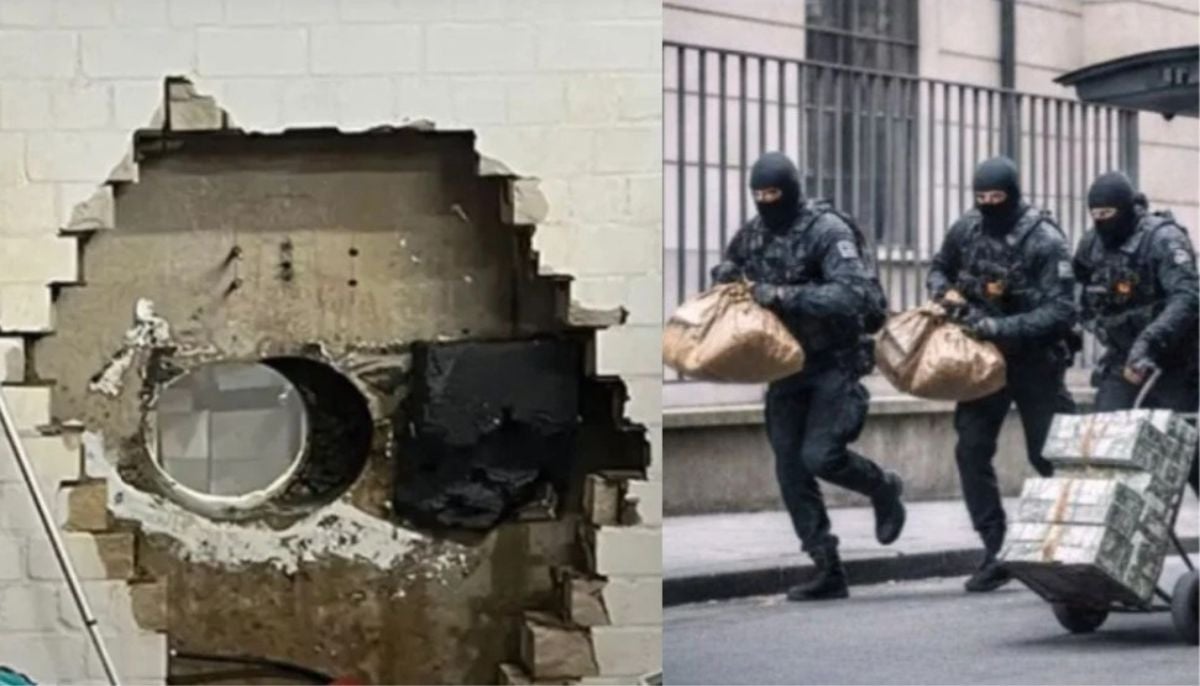Iran's uranium enrichment non-negotiable, says Araqchi ahead of key US talks
Iran says enrichment real, accepted matter, and it's ready to build confidence in response to possible concerns
Foreign Minister Abbas Araghchi said Wednesday that Iran's enrichment of uranium as part of its nuclear programme was "non-negotiable" after US Special Envoy Steve Witkoff called for a halt.
"Iran's enrichment is a real, accepted matter. We are ready to build confidence in response to possible concerns, but the issue of enrichment is non-negotiable," Araghchi told reporters after a cabinet meeting.
The remarks came as Araghchi and Witkoff are due to meet again in Oman on Saturday, a week after they held the highest-level talks between the longtime foes since US President Donald Trump abandoned a landmark nuclear deal in 2018.
Trump reimposed sweeping sanctions in a policy of "maximum pressure" against Tehran that he has reinstated since returning to office in January.
In March, he sent a letter to Iran's supreme leader, Ayatollah Ali Khamenei, urging talks but warning of possible military action if they fail to produce a deal.
Both sides described Saturday's meeting as "constructive".
But on Tuesday, Witkoff said Iran must "stop and eliminate" its enrichment of uranium as part of any nuclear deal.
He had previously demanded only that Iran return to the 3.67% enrichment ceiling set by the 2015 accord between Iran and major powers that Trump withdrew from.
Araghchi condemned what he called the "contradictory and conflicting positions" coming out of the Trump administration ahead of Saturday's talks.
"We will find out the true opinions of the Americans during the negotiation session," he said.
Iran's top diplomat said he hoped to start negotiations on the framework of a possible agreement, but said that required "constructive positions" from the United States.
"If we continue to (hear) contradictory and conflicting positions, we are going to have problems," he warned.
On Tuesday, Khamenei cautioned that while the talks have proceeded well in their early stages, they could still prove fruitless.
"The negotiations may or may not yield results," he said.
-
Poll reveals majority of Americans' views on Bad Bunny
-
Man convicted after DNA links him to 20-year-old rape case
-
California cop accused of using bogus 911 calls to reach ex-partner
-
'Elderly' nanny arrested by ICE outside employer's home, freed after judge's order
-
key details from Germany's multimillion-euro heist revealed
-
Search for Savannah Guthrie’s abducted mom enters unthinkable phase
-
Barack Obama addresses UFO mystery: Aliens are ‘real’ but debunks Area 51 conspiracy theories
-
Rosie O’Donnell secretly returned to US to test safety
_updates.jpg)











